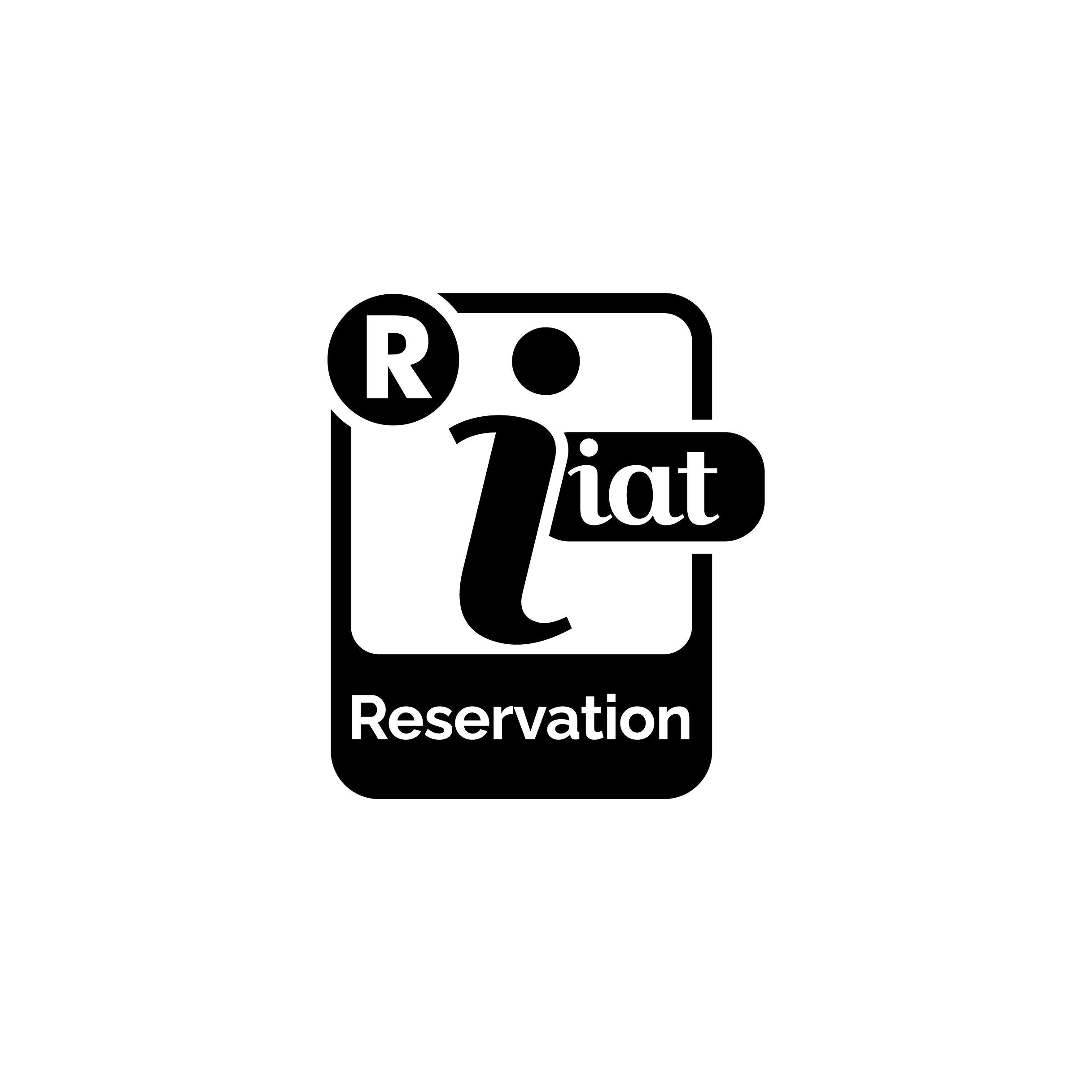- Info
all files of Scandiano
-
Church of Santa Maria Vergine
-
Dedicated originally to the Virgin Mary and subsequently to Our Lady of the Assumption, the church is mentioned among those existing in the province in the year 1000.
-
Church of the Cappuccini
-
In 1622, the Marquis Ottavio Thiene donated four biolche of land to the Capuchin friars to be used for building a church dedicated to St. Anthony of Padua with adjacent monastery.
-
Pieve di Santa Maria
-
The parish church, named after the Nativity of the Virgin Mary, has a tripartite façade surmounted by a large curved pediment.
-
San Giuseppe Church
-
The church was built in the first half of the 16th century outside the castle walls on the site of a small chapel officiated by the Confraternity of San Giuseppe.
-
San Ruffino Church
-
In 944 the "ecclesiam san Rufini positiam in loco Ventuso" was named.
-
Church of Iano
-
The church is dedicated to the Assumption of the Virgin. The facade has a sloping roof with pilaster strips in the corners and upper pediment.
-
Church of Pratissolo
-
Mentioned in a document of 1288 as being under the governance of the parish church of Fogliano, in the early 1500s it was joined to the Consortium of the Priests of Scandiano.
-
Church of St. John the Baptist
-
The church of St. John the Baptist is situated on the right bank of the Tresinaro river, behind the moat of the old castle.
-
Church of Ventoso
-
Situated a short distance from the Torricella castle, the church is dedicated to Our Lady of the Assumption and dates to the year 912, mentioned in an act by Berengario.
-
Church of San Giacomo Maggiore
-
The church dedicated to San Giacomo Maggiore was first mentioned in 1302 as one of the chapels dependent on the Parish Church of Castellarano.
-
Church of Fellegara
-
The original layout of the church of San Savino dates to the early 16th century.
-
Spallanzani House
-
The most impressive façade on Via Magati is the birthplace of Lazzaro Spallanzani, known as Casa Spallanzani.
-
Palazzo Municipale
-
The original urban establishment dates back to the XVI century. The present layout results from a building intervention that ended in 1912.
-
Boiardo Fortress
-
The stronghold, first core of the town, was the symbol of political power in Scandiano for eight centuries. The complex includes medieval, Renaissance, and Baroque structures. It is now closed for restoration.
-
Civic Tower or Clock Tower
-
Originally it was the entry gate to the old residential district, commissioned by Feltrino Boiardo in the first half of the XV century.
-
Arceto Castle
-
The castle is mentioned for the first time in a Nonantola charter of 883. It was then given to the Bishops of Reggio Emilia by Emperor Otto I in a charter of 962.
-
Dondena Bagnoli Castle
-
The castle was built in the second half of the 19th century and reflects the updated neo-medieval style which was popular at that time. It is privately owned and can be viewed from the outside.
-
Torricella Castle
-
On the hills of Ventoso, a few miles from Scandiano, the Torricella was built after 1335, by the family Da Fogliano. (privatly owned)
-
Piazza della Libertà
-
Connected to Piazza Duca d’Aosta by an attractive stairway open at the centre by a balustrade, on the site of the moat of the old castle.
-
Via Garibaldi
-
Via Garibaldi follows the course of the old castle moat.





